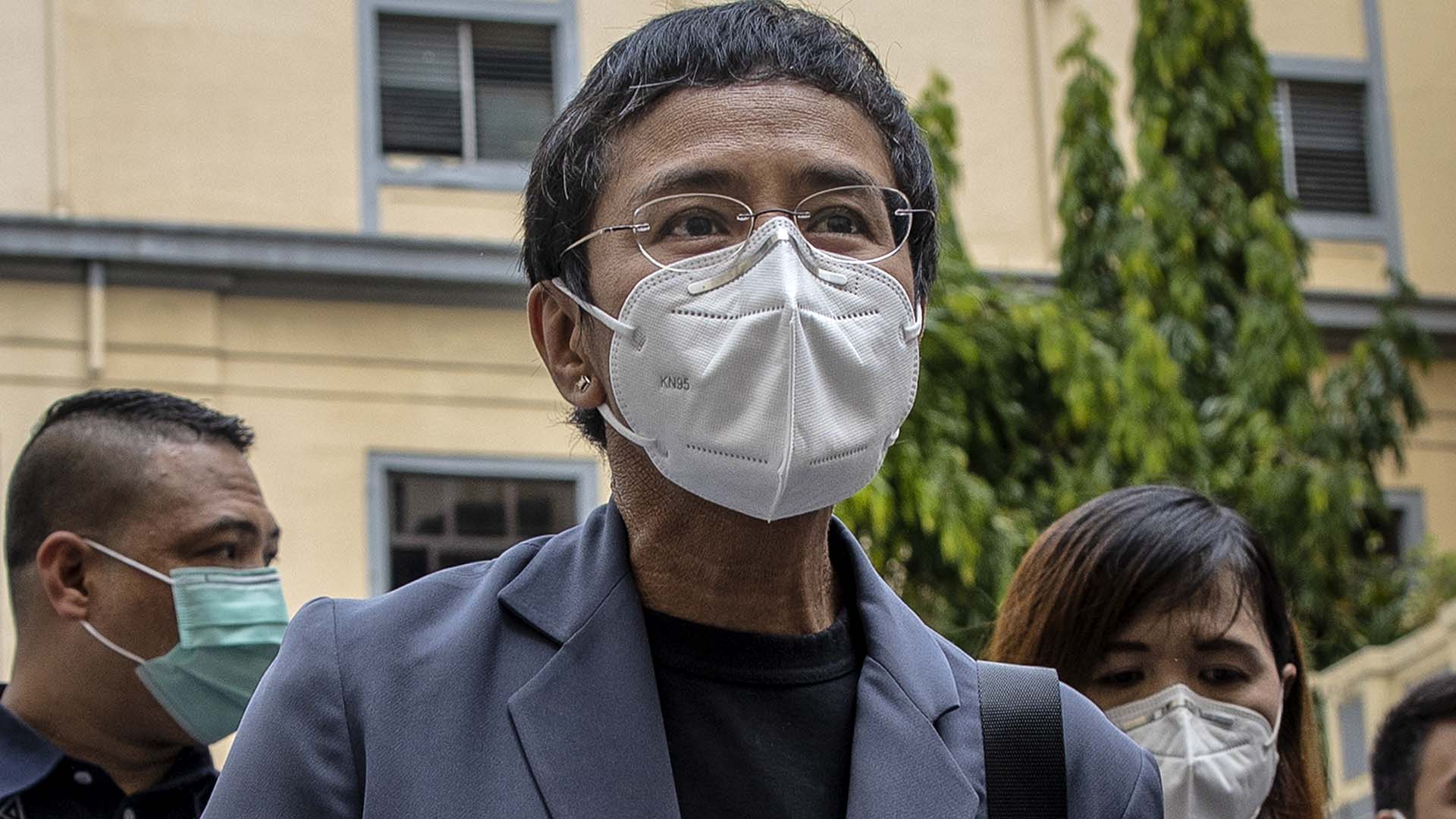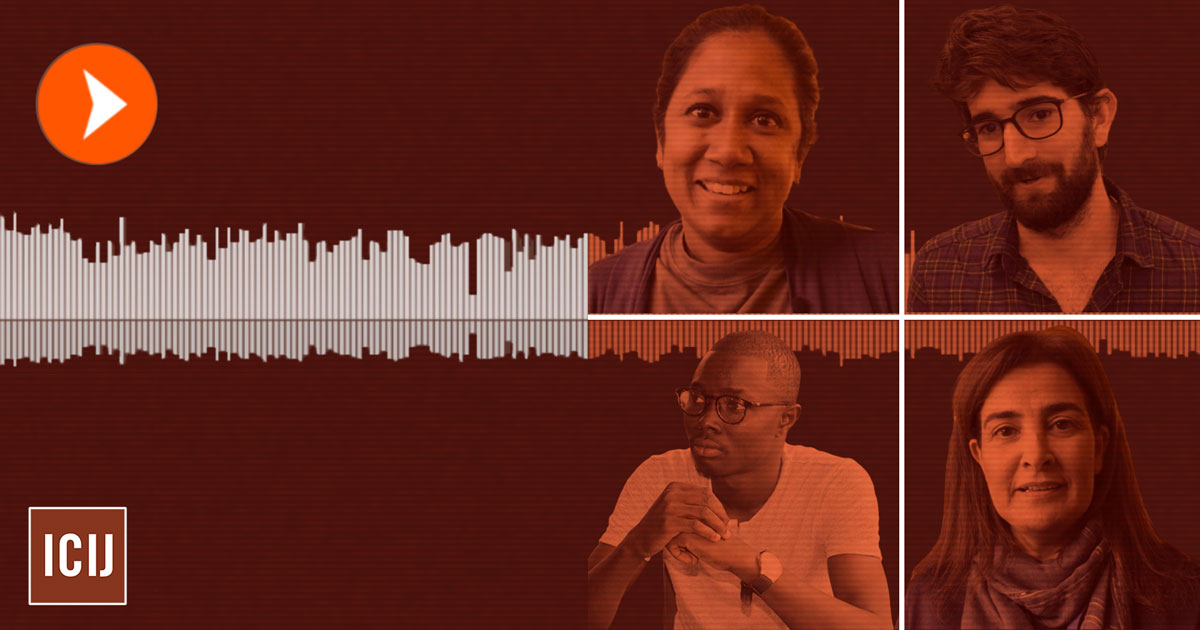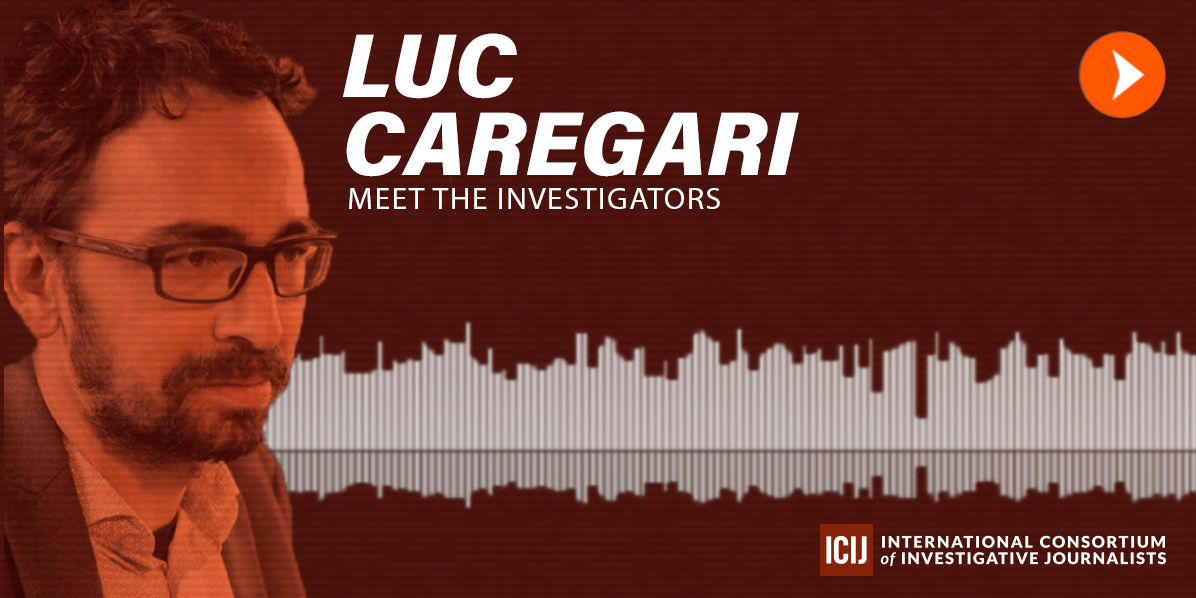Filipino-American journalist Maria Ressa has pleaded not guilty to charges of corporate tax evasion and lashed out at what she labels government intimidation of her news site, Rappler.
Ressa, named a Time Magazine Person of the Year in 2018 for fighting attacks on the media, and Rappler are facing several government lawsuits that have alarmed international press freedom advocates.
The news site is renowned for probing the actions of President Rodrigo Duterte’s authoritarian regime.
Prosecutors claim that Rappler didn’t disclose income and evaded taxes when it granted a foreign donor, the Omidyar foundation, Philippine Depository Receipts (PDR), a mechanism typically used by Filipino companies to obtain foreign investments.
Rappler’s lawyers argue that the government’s position has no legal ground because “it presumes – wrongly – that Rappler is a dealer in securities that profited from a sale.”
Omidyar later donated the PDRs back to Rappler’s managers to respond to the Securities and Exchange Commission’s claims that such investment made Rappler illegally owned by a foreign entity.
Speaking after the Wednesday hearing, Ressa again vowed to stand up to government pressure and said Rappler would not be silenced.
“These charges are politically motivated, it is meant to harass and intimidate, it is meant to be a war of attrition to try to make us afraid to keep reporting,” she said. “The best response to it is to keep reporting.”
Rappler is still operating pending an appeal against its operating license being revoked over the foreign ownership allegations.
After court https://t.co/68q6DsFb15
— Maria Ressa (@mariaressa) July 22, 2020
The case heard on Wednesday in Manila is only one of three active tax-related cases against Rappler and Ressa.
In June, Ressa, an award-winning journalist and a member of the International Consortium of Investigative Journalists, was found guilty of cyber-libel in a trial that was also condemned as politically motivated by press freedom advocates around the world.
Ressa was convicted alongside former Rappler colleague Reynaldo Santos Jr. in relation to a 2012 story about a top judge allegedly using a car owned by businessman Wilfredo Keng.
Ressa and Santos have appealed but they could go to prison if the cyber-libel case is not overturned.
The Committee to Protect Journalists, a press freedom organization, called the cyber-libel convictions “the latest offense in the Duterte government’s wider campaign to stifle independent reporting,” which recently included the shutdown of the Philippines’ main broadcaster ABS-CBN.
In July, CPJ along with dozens of other civil rights and journalism organizations – including ICIJ – formed the #HoldTheLine coalition to support Ressa and defend press freedom in the Philippines.
“The prosecution of baseless financial charges and cases represents an attempt to use tax law and foreign ownership regulations as another weapon to criminalise journalism and silence Ressa and Rappler as threats to press freedom and democracy escalate in the Philippines,” said the #HoldTheLine steering committee in a statement.
The advocates demanded all charges against Ressa and Rappler be dropped.
Ressa has been arrested twice and involved in at least 11 complaints, investigations and cases since 2018, according to Rappler. The number of active cases has since been reduced.
“Convictions in all these cases could theoretically lead to a century in jail for Ressa,” CPJ said on its website.
ICIJ is a former grantee of the Omidyar Network and has also received funding from Luminate, founded by the Omidyar Group.



